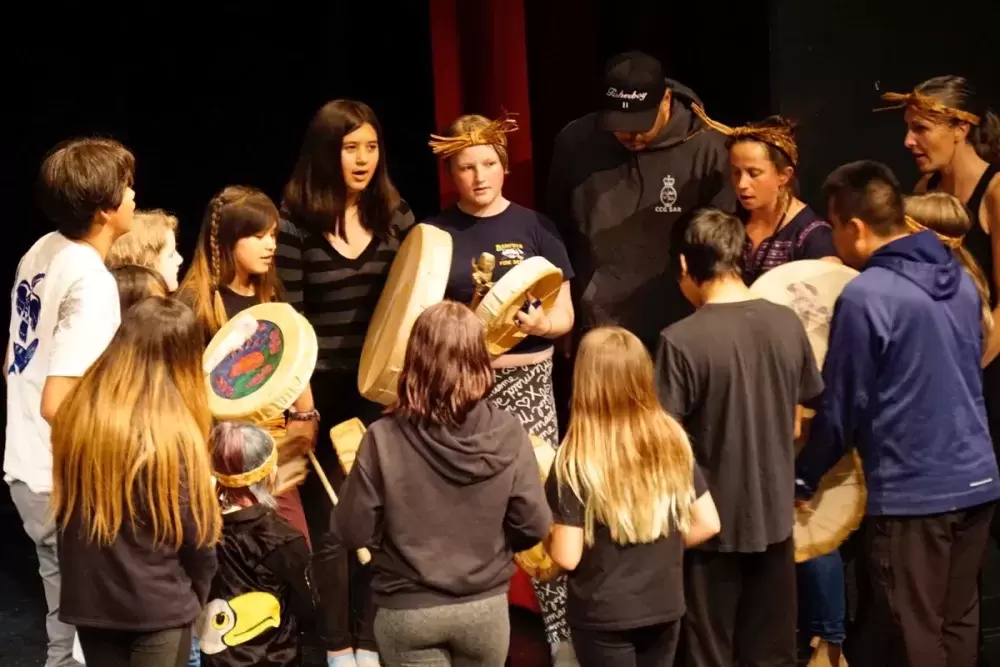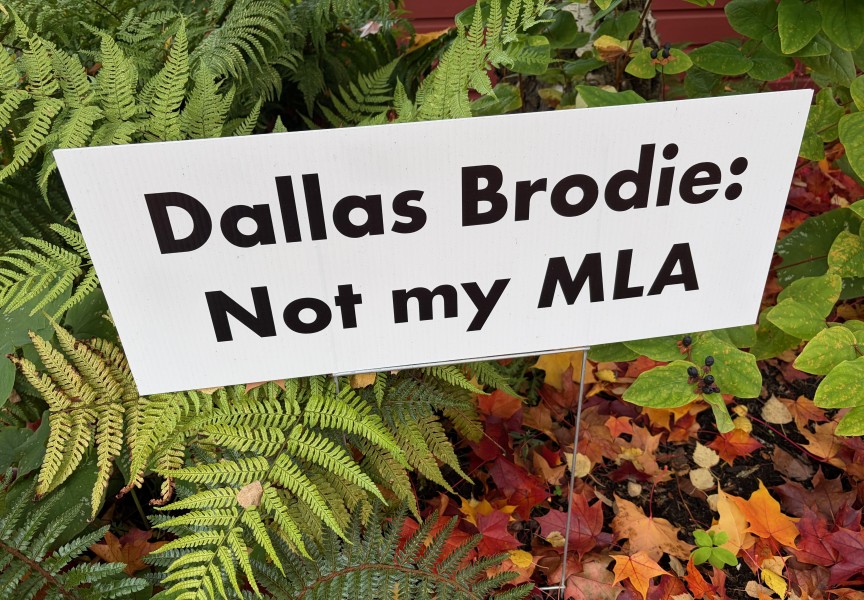A recent audit on education of Indigenous students in B.C. showed the graduation rate is 16 per cent lower than for non-Indigenous students, lowering from a 24 per cent gap in 2015.
On June 18, the Office of the Auditor General of British Columbia released a progress audit on the Ministry of Education's changes since the office's 2015 report on the education of Aboriginal students in B.C.’s public school system.
The original 2015 audit found there were gaps between Indigenous and non-Indigenous students in reading, writing and math assessments, in graduation rates and in how safe they feel in school. In 2015, the office made 12 recommendations to assist the ministry in closing the gaps. The recent progress audit found the gaps have become smaller, but are still substantial.
The progress audit shows the Ministry of Education has taken action to address many of the original recommendations. According to a press release from the Office of the Auditor General of British Columbia, the ministry has implemented a new curriculum to teach all B.C. students about Indigenous culture and history. It also introduced a program, Equity in Action, to guide school districts through an intensive process to identify barriers to Indigenous student success. The ministry just hired a director of Indigenous analytics to improve how it uses data to focus on the gaps between Indigenous and non-Indigenous students.
“School District 70 (SD70) is very pleased that the attention is being given to Indigenous students, not just by school districts but by the province,” said Dave Maher SD70 principle of Indigenous education. “Indigenous school achievement is now being focused on by so many organizations. The fact that we can all work together and align our energies, or strategies, and our abilities to create conditions that are optimal for Indigenous students to succeed - both from a culture prospective and academic prospective - are really encouraging and needed.”
Maher added that SD70 is encouraged by the improving results in Indigenous education, particularly with graduation rates of students. Thirty per cent of students in SD70 are Indigenous and of those students, the graduation rate is 67 per cent, which is up from the mid-30-per-cent range over the last 10 years.
School District 70 has a dedicated Indigenous education team, Maher said, that is working to Indigenize many of the curricular competencies and learning outcomes of Kindergarten to Grade 12 students.
“We’re working hard to ensure that children see their families, communities and culture reflected in the daily lives of school,” Maher said. “We’re working hand-in-hand with the Nuu-chah-nulth Tribal Council, with our Indigenous organizations, our Nuu-chah-nulth communities to ensure that their voices are seen, their voices are heard and their voices are present in the daily learning.”
Maher said some ways Indigenous and Nuu-chah-nulth worldviews are implemented into teachings throughout SD70 schools are by teaching probability with the game of lahal, as well as working with government and community leaders like Judith Sayers and Cliff Atleo to teach students about Indigenous governance.
Although Maher sees many positive improvements in Indigenous education, he says there’s still a lot of work to do.
“The audit has given us the opportunity…to confirm that we’re definitely on the right path but we do have a lot of work to do to bring parody between Indigenous and non-Indigenous students,” he said. “When we’re looking at Indigenous school success, we’re looking at it beyond the academic sense, we’re looking at it from encouraging a sense of positive personal identity, positive cultural identify and school belonging.”
Maher said school districts need to continue to work with Indigenous communities and organizations towards health, wellness and education for students and to continue working to make sure all Indigenous voices are heard.
The Auditor General’s report states the Ministry of Education still has work to do in areas such as developing an Indigenous education strategy, ensuring important data around student success is collected and reporting publicly on its progress.
"Full implementation of our recommendations requires multiple parties to be part of the solution - Indigenous communities, government, school districts, teachers, unions, parents and students," said Auditor General Carol Bellringer in the press release. "During our interviews for the progress audit, we heard about increased government collaboration with Indigenous leaders and communities."
The full progress audit and the original report are both available on the Office of the Auditor General website: www.bcauditor.com.







